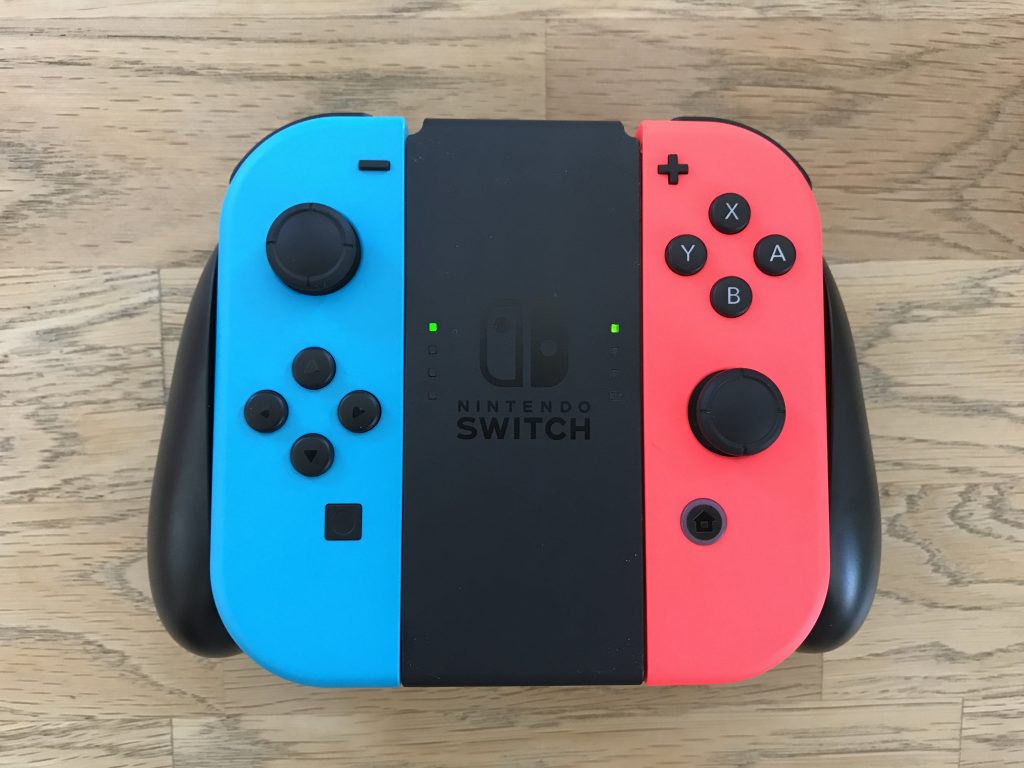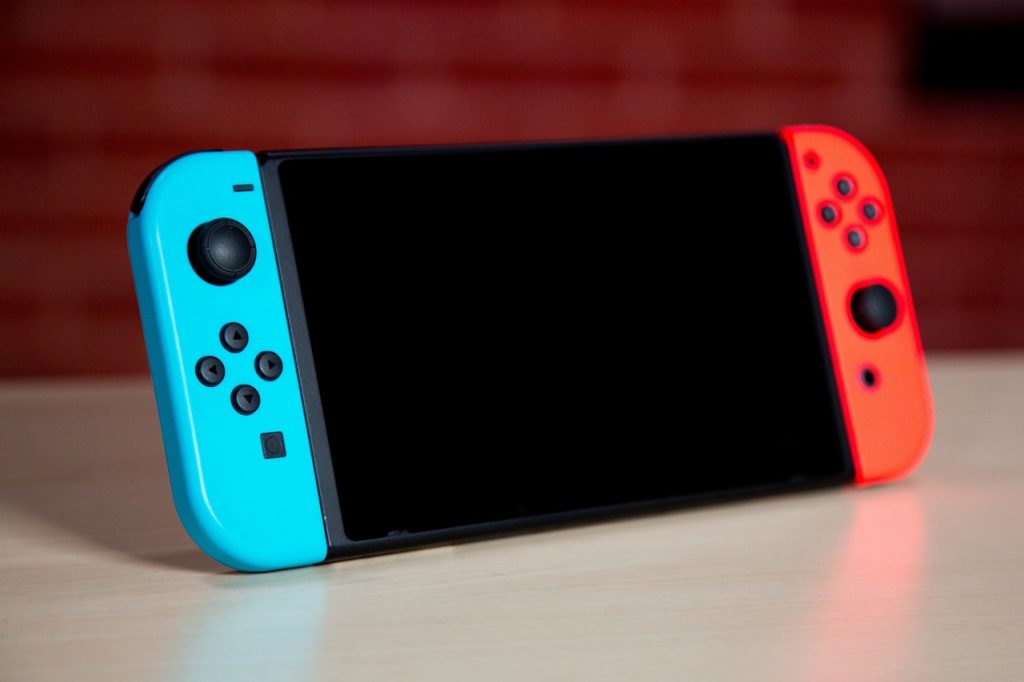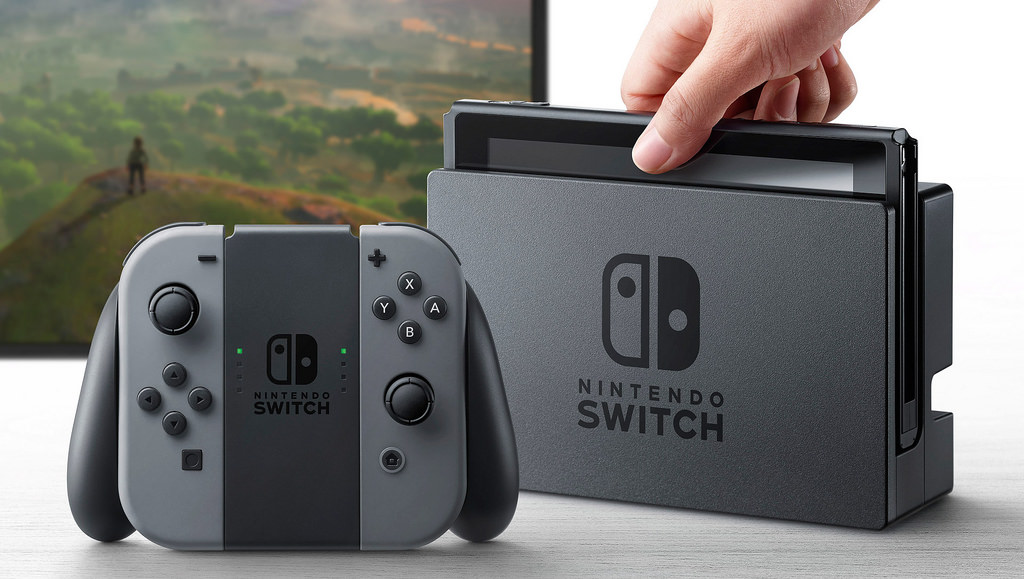Hello, fellow industry people.
This week – after getting a chance to sit and debate the merits of whether the Switch was going to be successful or not – I thought about what it is that Switch just gets absolutely right.
But first, let’s review the situation while we’re 5-by-5.
Nintendo’sSwitch console has sold well over 6m units of hardware worldwide. The Switch is selling out in Japan as we speak and has topped Japan’s sales charts. The Switch is not just a Japanese phenomenon, it is a worldwide one. Even Nintendo itself has announced that it expects to sell 14m units in its first year, which is up from their initial estimate of 10 million units. This means that the Switch will be outselling the Wii U’s lifetime sales in one year. The Switch is demonstrating terrific success and resiliency in a market segment that here-to-fore didn’t exactly exist: a mobile console gamer. While past incarnations of console company handheld efforts have generally been a segmented experience (i.e., the handheld hardware plays on its own without regard to a TV, or a console connected TV experience hasn’t been portable) – the Switch harnesses both worlds to bring TV-connected experiences mobile.
In my thinking – despite Nintendo and others’ attempts to build cameras, voice recognition systems, motion controllers, etc. – Nintendo went back to the basics and built a device that is ready to play wherever you may be.

The ubiquity of Switch finally brings console-level, D-pad input games to a mass mobile audience. Brands from Nintendo’s vast catalogue like Zelda and Mario will bring content familiarity to audiences. Nintendo had upgraded from 10m to 14m hardware units this initial fiscal year, with what I suspect to be as many as 50-60m units possible to be sold in hardware lifetime of 5-6 years. I’m not alone either – Nintendo is sketching out a plan to make 25 million to 30 million units of the Switch in its next fiscal year.
Now, consider this.
The Switch and its games may steal Smartphone hard-core gamers to its platform. I don’t think this is so far-fetched.
Some significant percentage of hardcore gamers from console have ‘ended up’ on smartphones simply because they wanted to play games on the go. Some decent percentage of these consumers will instead opt for $60 games on Switch hardware that offers the chance to play console-level games while mobile, removing them as customers from the hardcore and mid-core smartphone ecosystem.
And why not? To win on some of these mid- and hard-core games, these gamers have had to spend thousands of dollars (or thousands of hours grinding), just to level up and get to noticeable positions on leaderboards and rankings in guilds and groups.
But this is the feature set that plays into a console’s strengths. Consoles systems – as a removed cousin from PC play – have largely figured out how to let users level up, rank, and feel real progression as they play. These are not “thousand-hour experiences” (as some mobile free-to-play is), these are multi-hundred-hour experiences that players burn through and crave more of, prompting impressive DLC numbers.
In effect, some of the very in-game features that make the mid-core and hard-core mobile gamers remain dedicated audience members can easily be adopted by Switch.
So, what are mobile game devs and publishers to do?
To combat this, smartphone makers and games publishers must embrace TV-connected experiences. Switch-like abilities already exist on Android and to a lesser extent on iPhone. (Yes, yes, the tech is there on both, but have you actually tried playing a mobile game on a TV?). How do game makers take advantage of this style of TV-connected gameplay that Switch is paving out? As an industry, we should try to figure this out.
There are others paving interesting paths as well.
Maybe Razer and Sony have it right; make smartphones that work with controllers already in the market to bring console experiences to mobile. Sony’s XPERIA line up (including the new XPERIA XZ Premium) allow for PS4 play with PS4 controllers on the phone, and RAZER, already a terrific device and peripheral maker, has put forth their own “gaming smartphone” with the self-titled Razer Phone as they have already shaken the IPO tree earlier this month.
In the future, game makers must not succumb to ‘swim lane analysis’ of games platforms; gamers who are mobile want and desire to play their beloved games wherever they are. Connected-TV experiences appear to be a possible next step in the battle to keep players engaged, retained, and spending.

We must go to where the gamer is, on the platforms they want to play on. For the foreseeable future, because it neatly straddles two worlds, I think there’s likely a lot of growth on Switch coming, and I hope smartphone game companies are ready to tackle that head-on.
Oh, and the real thing that Nintendo got right? They dodged a giant console bullet by not being a console. They are a blend of two very different platforms, going to where the gamer wants to be with their experiences. The real thing they got right is by building the iPad of gaming everyone hoped Apple would create, and beat Apple at their own game; in their own way – of course.
More in a few weeks. Thanks for reading.
–Neil
More links for your reading:
https://www.forbes.com/sites/insertcoin/2016/10/21/the-nintendo-switchs-competition-isnt-the-ps4-or-xbox-one-its-the-ipad/#2999f83c75a2
https://www.forbes.com/sites/olliebarder/2016/10/24/can-the-nintendo-switch-bridge-the-mobile-gap/#373a1e9a6138
https://www.gamvento.com/blog/5-reasons-nintendo-switch-wont-negatively-affect-mobile-gaming/
http://www.tag-games.com/blog/nintendo-switch-a-meeting-point-for-mobile-and-console
https://www.theguardian.com/technology/2017/jan/23/nintendo-switch-its-a-handheld-first-not-a-console
https://www.forbes.com/sites/olliebarder/2017/05/27/with-console-gaming-declining-in-japan-the-nintendo-switch-could-be-the-great-disruptor/#350e9a767b7b

